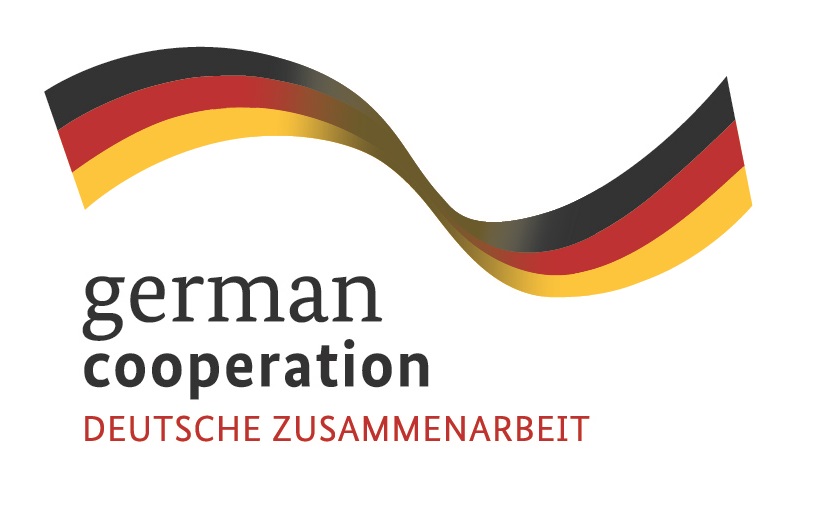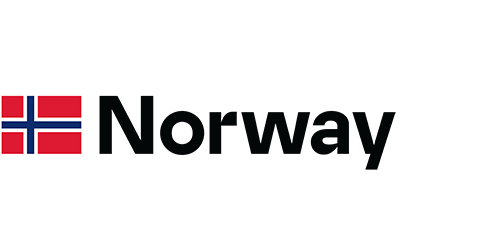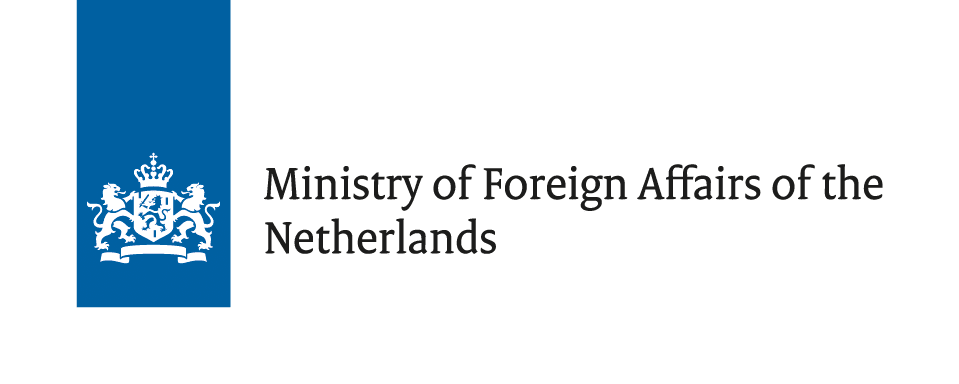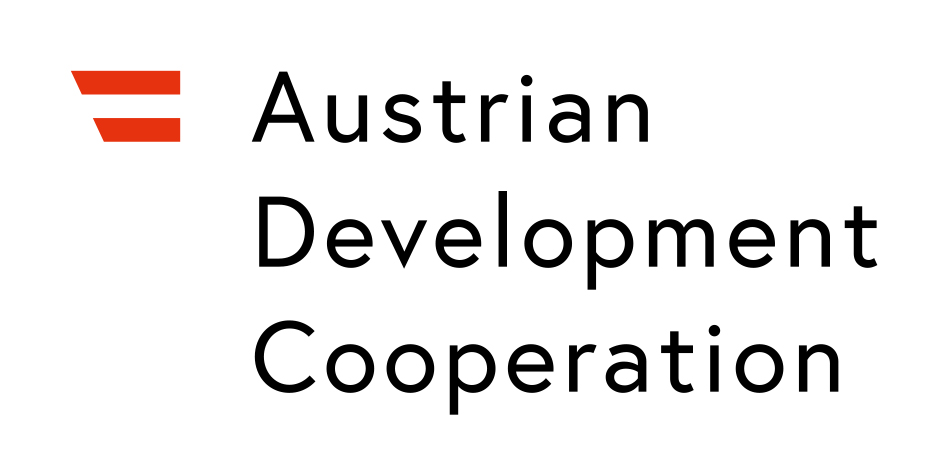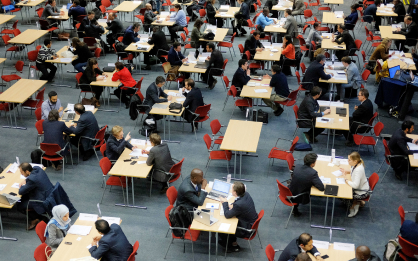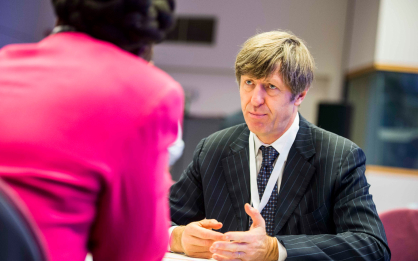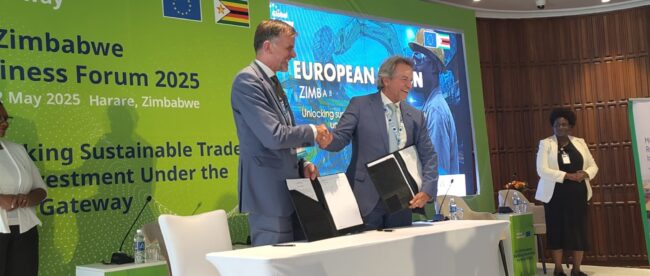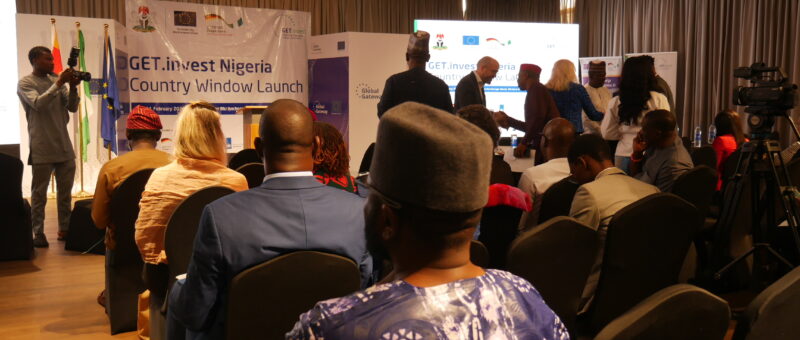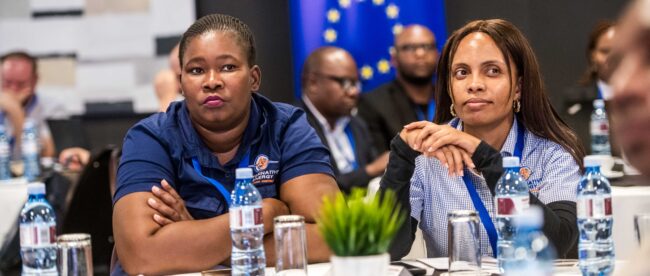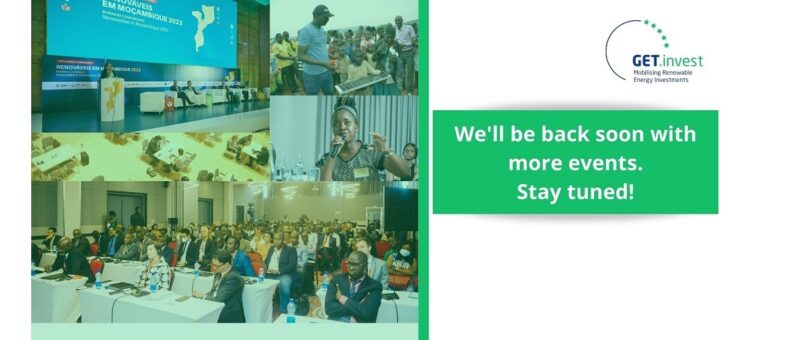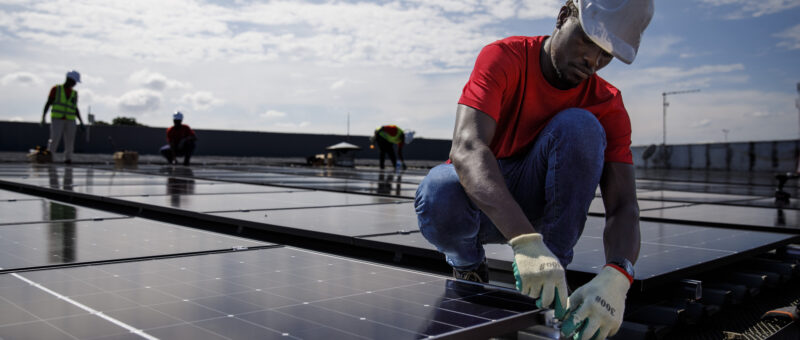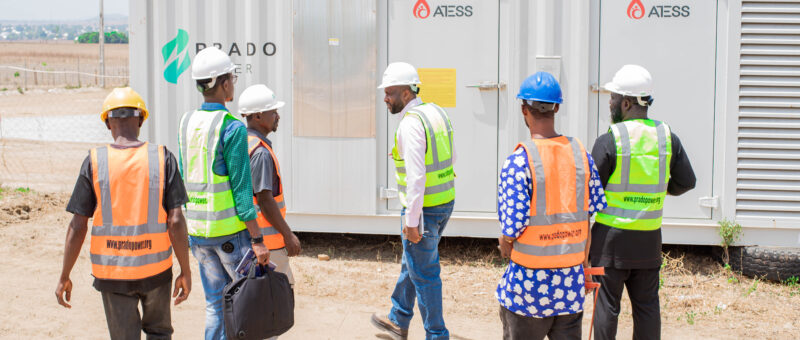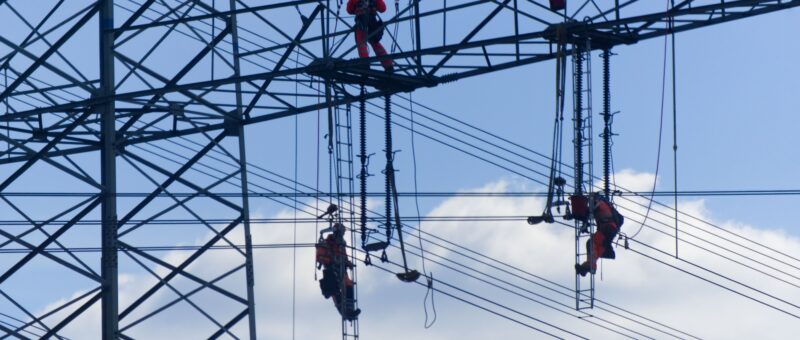O que fazemos
GET.invest é um programa europeu que mobiliza o investimento em energias limpas nos países em desenvolvimento. Apoiamos os desenvolvedores de projetos e as empresas no sentido de se prepararem para o investimento e associá-los aos financiadores. Em colaboração com muitas partes interessadas do setor, oferecemos também uma série de outros serviços para complementar este esforço. O projeto GET.invest visa aumentar substancialmente o volume e o ritmo do investimento, contribuir para a construção de mercados de energia sustentáveis e, assim, ajudar a enfrentar o duplo desafio da energia sustentável e das alterações climáticas. Descubra mais…
Desde 2022, capacitamos o “Team Europe One Stop Shop for Green Energy Investments” – o Balcão único da equipa europeia para investimentos em energia verde – um ponto de acesso para informação e acesso facilitado a instrumentos financeiros e de apoio europeus para empresas e projetos de energia em África.





